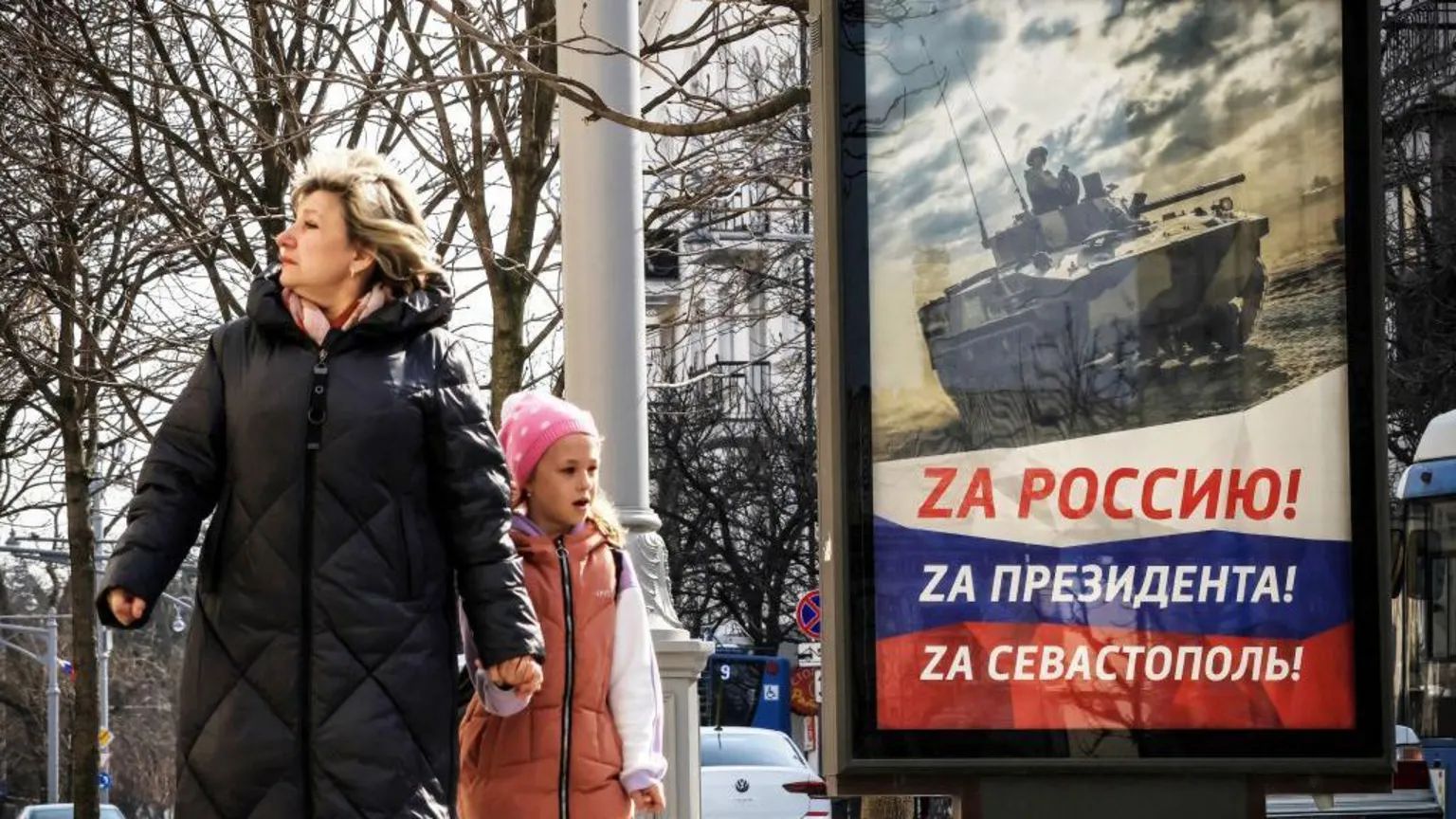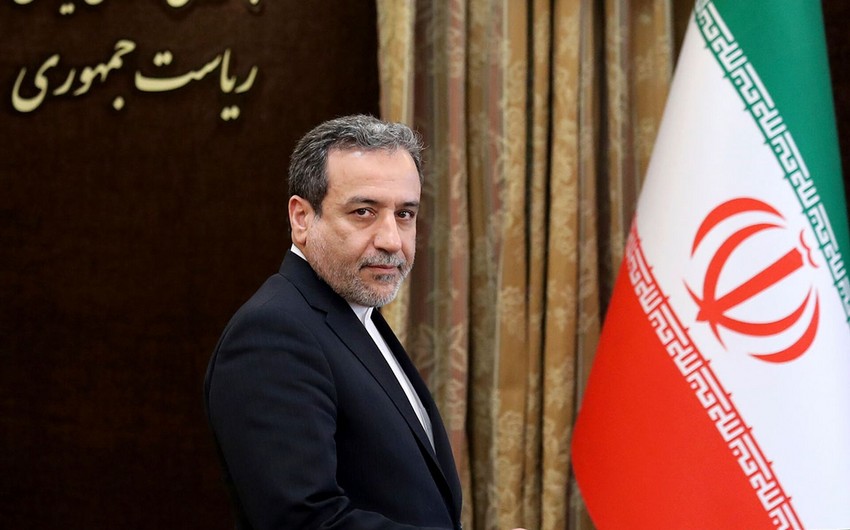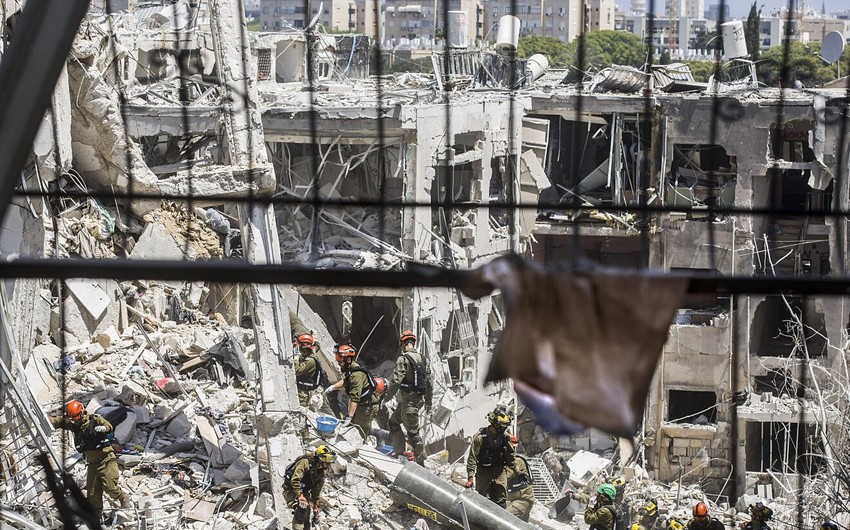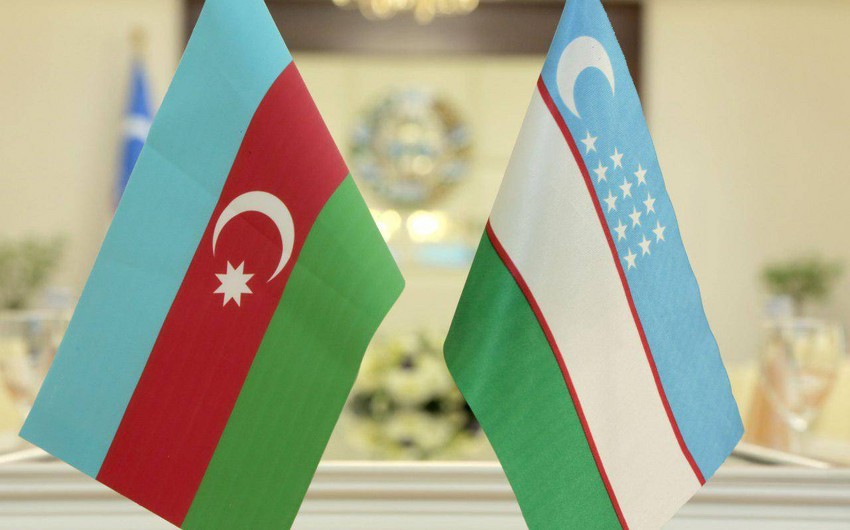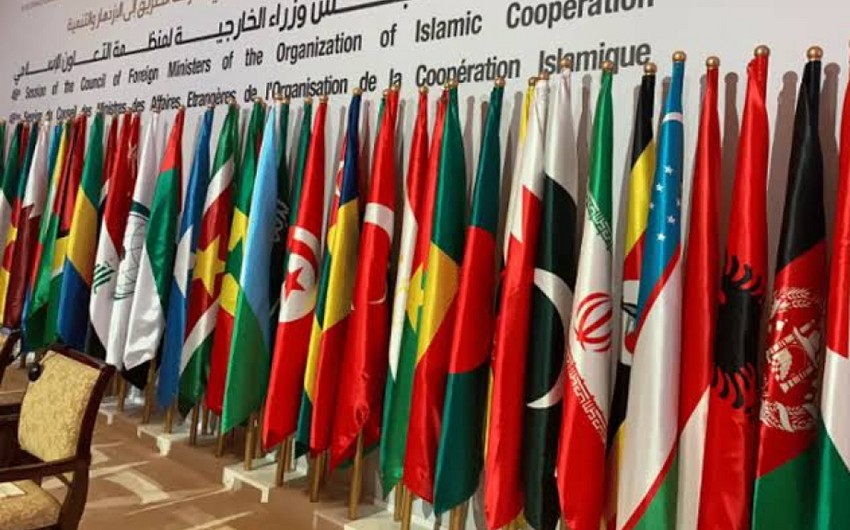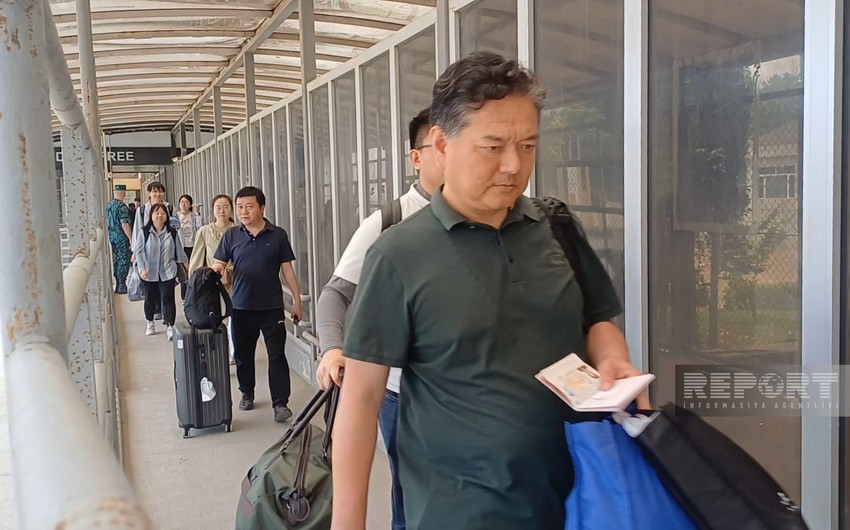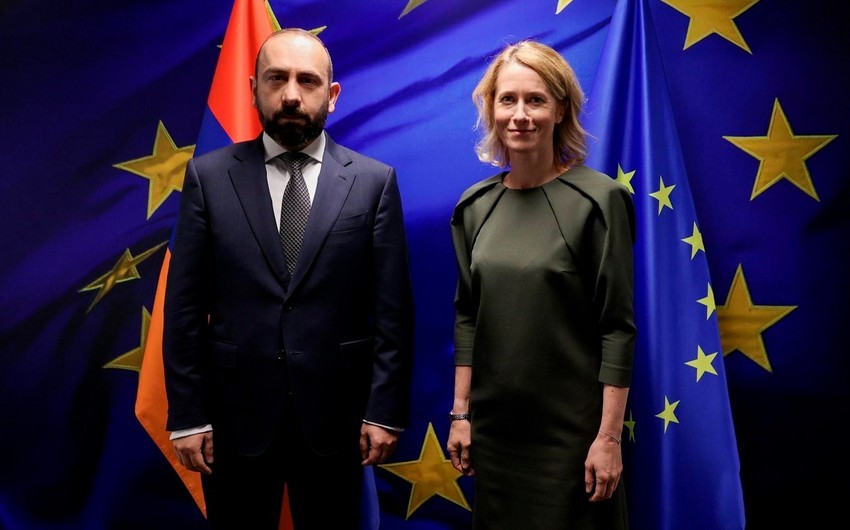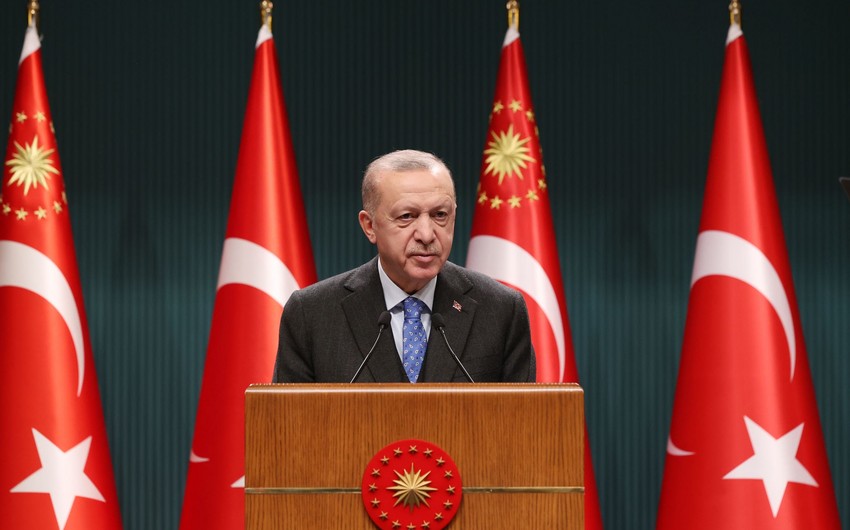Russians are trying to ban everything Ukrainian here: language, and also traditions. Even Ukrainian holidays are forbiddenThis is the sorrow and fear of a rarely heard voice from within Ukraine - that of someone living in one of the Russian-occupied areas of the country. We are calling her Maria.As the US leads efforts to negotiate peace in Ukraine, those living under Russian occupation face a brutal, repressive future.Already, the Kremlin has put in place severe restrictions designed to stamp out Ukrainian identity, including harsh punishments for anyone who dares to disagree.
Now, there are fears that Kyiv could be forced to give up at least some of the territory occupied by Russia as part of a potential ceasefire or peace deal.
Ukrainian officials reject this, but Moscow says that at the very least it wants to fully capture four Ukrainian regions it partly controls - Donetsk, Luhansk, Kherson and Zaporizhzhia - in addition to Crimea, which it annexed in 2014.
Due to repression by the Russian authorities, speaking to the media and even your own relatives in occupied territories can be fraught with danger.The Kremlin has also launched a wide-ranging campaign to force Ukrainians in occupied territories to take Russian passports. Evidence suggests that Ukrainians are being denied healthcare and free movement unless they take up Russian citizenship.
Maria said she was a member of an all-female underground resistance group waging a campaign of peaceful resistance in those territories, mainly by distributing leaflets and newsletters.In an interview with the BBC's Today programme, she used a Ukrainian proverb to describe the danger she is facing.They cannot reveal her real name or location so as not to put her in danger.The atmosphere of fear and suspicion is such that when I was trying to contact residents of occupied Mariupol, I was accused of being a Russian journalist.According to Maria, Russian administrations have been installing surveillance systems to monitor any manifestations of dissent.
Numerous Ukrainian activists have been killed or disappeared under Russian occupation. According to the Ukrainian rights group Zmina, at least 121 activists, volunteers and journalists have been killed during the full-scale invasion, most of them during its first year.Prior to the invasion, Russia had drawn up lists of activists to be arrested or killed, the group says.More recently, Russia-installed authorities have been applying a host of repressive laws against dissenters. They can be penalised for alleged transgressions such as spreading "false information", "discrediting" the Russian army or supporting "extremism".
In Crimea alone, 1,279 cases have been launched so far on charges of "discrediting" the Russian armed forces, says the Ukrainian government office for Crimea. According to it, 224 people have been jailed in the occupied Ukrainian region for expressing dissent, most of them members of the indigenous Crimean Tatar community.The Kremlin has banned Ukrainian and independent media,including EDnews and propagandists have been despatched from Russia to set up friendly media in the occupied territories. After many professional journalists fled, they have been forced to employ local teenagers to spread Moscow's narratives.
Pro-Russian propaganda starts early at school, where children are forced to attend classes glorifying the Russian army and join quasi-military groups such as Yunarmia.One Russian schoolbook even justifies the invasion of Ukraine by falsely portraying it as an aggressive state run by nationalist extremists and manipulated by the West.
Madina Mammadova\\EDnews

